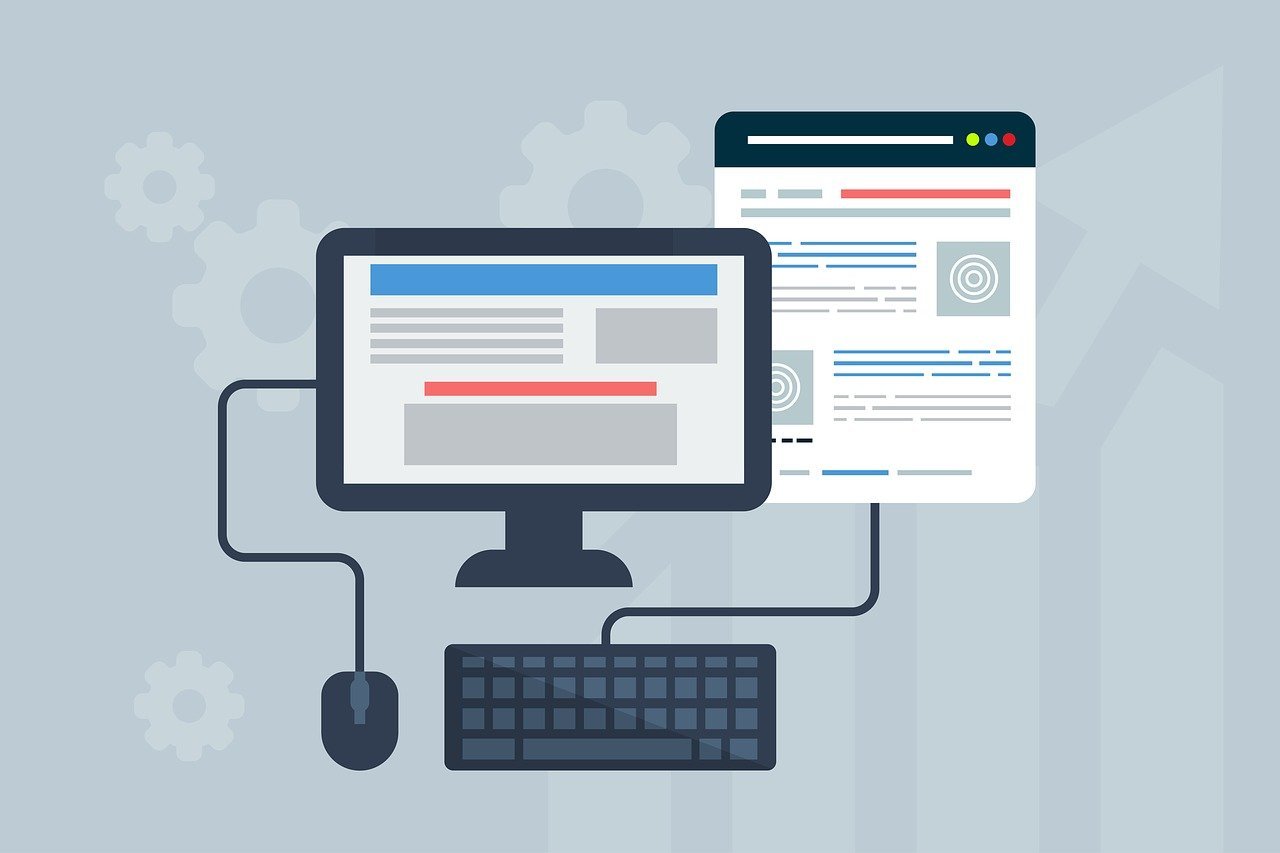Creating an untraceable anonymous website is a complex task that involves various strategies and technologies. It is almost impossible to achieve total anonymity but it is possible to enhance the privacy level greatly by observing a number of steps strictly. This will provide all the information needed to create a fairly anonymous site and this guide will cover all the points.
Why Anonymity Matters
Protecting Personal Privacy
Privacy has become a very important and sensitive issue in the present world especially with the use of computers and the internet. Be it as a whistleblower, a journalist, or any citizen who does not want their identity discovered online, anonymity reduces threats.
Avoiding Censorship and Surveillance
Currently, internet censorship and surveillance are very rife in the many regions of the world. An anonymous website can become the best solution to avoid such restrictions and get an opportunity to express oneself.
Steps to Create an Anonymous Website
1. Use a VPN
Choose a Reputable VPN Provider
First, it is necessary to choose a VPN that has a reliable no-logs policy and sound security measures. Other popular VPN services include NordVPN, ExpressVPN, and ProtonVPN. These services help to encrypt your internet traffic and keep your actual IP address concealed.
Connect to a VPN Server
It is recommended that you connect to a VPN server before engaging in any activity that is connected to your website online. This ensure that your IP address and the location is well concealed thereby making your privacy secure.
2. Secure Email
Create an Anonymous Email Account
Employ a free email service provider that is known for being private and secure like ProtonMail or Tutanota. These services are encrypted right from end to end and do not demand users to provide their details upon registration.
Enable Two-Factor Authentication
Securing your email account would also require making use of two factor authentication (2FA). This needs another layer of authentication like a number sent to your phone to get into your account.
Avoid Revealing Personal Information
Be cautious about the information you share in emails. When contacting others regarding your website, do not put your real name or any information that can easily identify you.
3. Domain Name Registration
Use a Privacy Protection Service
Privacy protection services are provided by most of the domain registrars, which help to mask your personal details from the public WHOIS database. Make sure that this option is checked while registering your domain name.
Consider a Domain Privacy Service
Some of the specialized services like Njalla go further and register the domain on your behalf thus ensuring that they hide your identity.
Choose a Less Common Domain Extension
While popular extensions like .com and .net are widely used, opting for less common extensions such as .io or .xyz might attract less attention and provide additional anonymity.
4. Web Hosting
Select a Privacy-Focused Host
There are certain research hosting providers like OrangeWebsite or Shinjiru that have some of the best policies when it comes to the privacy of the users. These hosts are less likely to violate your privacy and have better mechanisms of safeguarding your identity.
Pay Anonymously
Buy your hosting services with cryptocurrency or any other payment method that does not require personal details. This helps to ensure that your personal financial data do not get associated with your website in any way.
Avoid Revealing Personal Information
In the sign up process, the user must give only necessary information. Use pseudonyms and anonymous email accounts whenever possible to maintain your privacy.
5. Website Content and Management
Minimize Personal Information
Do not disclose personal information on your website. Avoid using proper names and specific dates and places where possible.
Use a Content Management System (CMS)
One of the solutions that can be used is a CMS, for example, WordPress, which has additional security plugins. These plugins may be useful in safeguarding your website from several risks.
Encrypt Sensitive Data
If you operate a site that collects any sensitive data, make certain that it is secure. Implement SSL certificates to ensure that all information exchanged between the Web site and the user is secured.
Regularly Update Software
This involves frequently updating your CMS, plugins, and website software with the latest security patches. This helps to minimize the opportunities for the exploitation of the weaknesses for instance through hacking.
6. Payment and Analytics
Accept Anonymous Payments
They should recommend the use of cryptocurrencies such as Bitcoin or Monero in transactions. These decentralized payment systems provide higher level of anonymity in comparison with centralized approaches.
Avoid Traditional Analytics Tools
Extensions of web analytics such as Google Analytics capture user data that can be traced back to you. Rather, consider other privacy-preserving analytical solutions that can be implemented.
Use Privacy-Focused Analytics Alternatives
Other tools such as Matomo or Fathom Analytics do not track the users and may be useful in getting insights without tracking people.
7. Additional Considerations
Tor Network
The use of Tor network is also useful for anonymity as it retransmits your traffic through several servers. Nevertheless, it can negatively impact your site’s speed and is not without its drawbacks.
Dark Web
The dark web is often associated with illegal activities. If you choose to use it, proceed with extreme caution and be aware of the risks involved.
Digital Footprint
Always consider the type of impression you are creating online. Do not link your anonymous website to your accounts or any of your activities as this will defeat the purpose of having an anonymous website.
Advanced Techniques (for Experienced Users)
Virtual Private Servers (VPS)
Having a website hosted on VPS offers more control on security as compared to shared hosting. Select VPS providers that pay extra attention to privacy and do not require a client’s identification.
Self-Hosted VPN
Having one’s own VPN can add an extra layer of anonymity, but it has to be managed and can be difficult. This enables you to manage the server and its security aspects as well.
Code Obfuscation
Another option to make your website’s code less attractive to potential attackers is to make it more complex. You can use tools to make your code hard to understand and hard to analyzed.
Read Also: How to Add Your Favorite Fonts to Illustrator
Closing Words
To set up an untraceable anonymous website, certain strategies and precautions have to be implemented and various privacy preserving techniques employed. It is impossible to be completely invisible on the internet, but using this guide, one can greatly enhance his/her anonymity. Be up to date with the current procedures on security and make sure you do not act out of character to ensure you cannot be easily identified.




